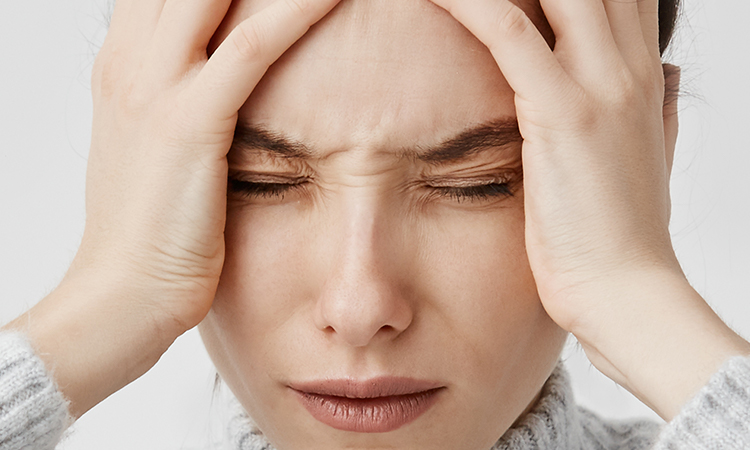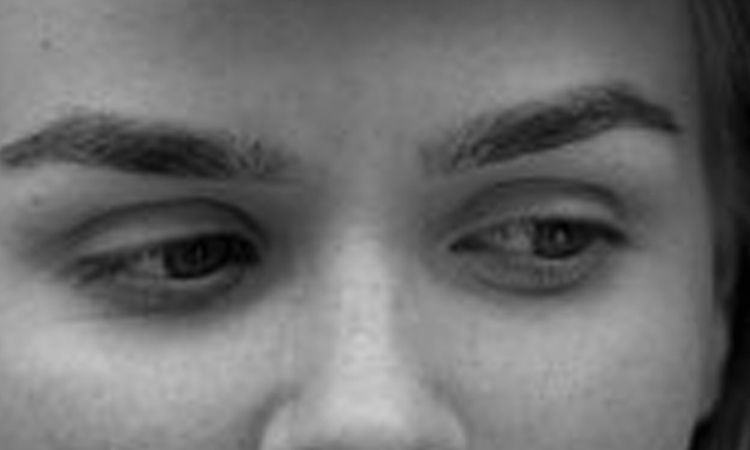Obsessive-compulsive and its related disorder (OCD) is characterized by a pattern of unwanted thoughts and fears (obsessions) that lead you to do repetitive behaviors (compulsions). These obsessions and the compulsions interfere with daily activities and cause severe distress.
You may try to ignore or stop your obsessions, but this only increases your stress and anxiety. Eventually, you feel driven to perform compulsive acts to try to relieve your stress. Despite the efforts to ignore or get rid of bothersome thoughts or urges, they keep coming back. This leads to more ritualistic behavior the vicious cycle of the OCD.
OCD often centers on certain topics – e.g, excessive fear of contamination with germs. To ease your concerns about contamination, you may forcibly wash your hands until they are sore and cracked.
If you have OCD, you may feel ashamed and embarrassed about the condition, but treatment can be effective.
Symptoms
Obsessive-compulsive disorder usually includes both obsessions and compulsions. But it’s also possible that you only have obsessive symptoms or only compulsions. You may or may not realize that your obsessions and compulsions are excessive or unreasonable, but they are time-consuming and interfere with your daily routine and social functions, at school or at work.
Manic symptoms
OCD obsessions are persistent, unwanted thoughts, urges, or intrusive images that cause distress or anxiety. You may try to ignore it or get rid of it by performing a compulsive behavior or ritual. These obsessions usually intrude when you are trying to think or do other things.
Obsessions often contain topics, such as:
- Fear of contamination or dirt
- Doubt and difficulty tolerating doubt
- Needing things in an orderly fashion
- Aggressive or the horrific thoughts about losing control and harming yourself or others
- Unwanted thoughts, including the aggression, or sexual or religious topics
Examples of manic signs and symptoms include:
- Fear of contamination by touching things that others have touched
- Doubt that you closed the door or turned off the stove
- Extreme stress when things are out of order or facing a certain way
- Pictures of driving your car in a crowd of people
- Thoughts about yelling profanity or behaving inappropriately in public
- unpleasant sex pictures
- Avoid situations that can trigger obsessions, such as the shaking hands
Symptoms of compulsion
OCD compulsions are the repetitive behaviors that you feel driven to perform. These repetitive behaviors or mental acts are intended to reduce the anxiety associated with your obsession or prevent something bad from happening. However, engaging in compulsions do not bring any pleasure and may only provide temporary relief from anxiety.
You can establish rules or rituals to follow that help control your anxiety when you have obsessive thoughts. These compulsive thoughts are excessive and often unrealistically related to the problem they intend to solve.
As with the obsessions, compulsions usually have themes such as:
- Washing and cleaning
- Audit
- counting
- regularity
- Follow a strict routine
- asks for reassurance
Examples of signs and symptoms of a compulsion include:
- Wash your hands until the skin is raw
- Check doors frequently to make sure they are locked
- Check the hob frequently to make sure it is turned off
- Counting in certain patterns
- Silently repeating a prayer, word or phrase
- Arrange your canned goods to meet the same way
Severity varies
OCD usually begins in the teen or young years, but it can begin in childhood. Symptoms usually begin gradually and tend to vary in the severity throughout life. The types of the obsessions and compulsions you experience can also change over time. Symptoms generally get worse when you experience more stress. Usually considered the lifelong disorder, OCD can have mild to moderate symptoms or be severe and take so long to become disabling.

Personality Disorders
Disruptive patterns in mood, behavior, communication with others, and thinking in general can cause significant stress and inability to function.
Adult Eating Disorders
Adult eating disorders are typically triggered by past trauma deriving from a single event or the accumulation of many small traumatic events.
Obsessive Compulsive & Related Disorders
Characterized by patters of unwanted fears and thoughts that lead to repetitive behavior, obsessive-compulsive disorder interfere heavily with daily activities.
Somatic Symptom Disorder
The manifestation of physical symptoms due to mental trauma or illness is a serious matter. This includes the development of chronic pain leading to excessive levels of distress.
Social Communication Disorder
Social communication disorders affect a large number of people today and can be as simple as difficulties in managing eye contact, facial expressions and body language.
Internet Gaming Disorder
Many underlying issues can contribute to internet addiction and gaming disorders, and identifying the underlying issues is the first step in addressing the disorder.
Adult Sleep-Wake Disorders
Issues with sleep are one of the most common clinical problems we face, and can greatly affect the overall health, safety, and quality of life.
Adult Autism Spectrum Disorder
Typical symptoms blamed on autism such as avoidance, hyper vigilance and reduced cognitive ability can also be hallmarks of chronic stress reactions to past trauma.
Adult ADHD (Attention-Deficit/Hyperactivity Disorder)
EMDR Therapy is appropriate for adults wishing to treat Adult ADHD - the therapy is a treatment that helps you change your behavior by changing your troubling thought processes.
I am a Licensed Professional Counselor (LPC) & Mental Health Service Provider (MHSP) in Tennessee
As a licensed Mental Health Services Provider (MHSP) in Tennessee, I work with a variety of adult patients currently experiencing mental health issues. For most clients, I typically recommend both traditional therapies as well as innovative treatment methods like EMDR (Eye Movement Desensitization & Reprocessing. This type of treatment for mental health issues is safe, very effective and can change your life.

Steven Lepley LPC, MHSP
Licensed in Tennessee
I am a Licensed Professional Counselor, Mental Health Services Provider & EMDR Therapist offering virtual telemedicine appointments throughout all of Tennessee.
Ask me about my experience & how I can help you address the challenges you are facing. Call me or text me at 615.330.2659.
